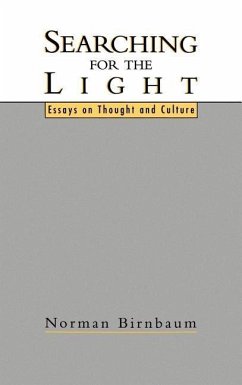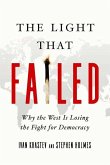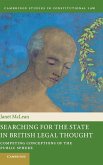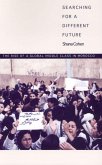An influential social critic and a major social thinker, Norman Birnbaum has collected here, for the first time, a number of important essays. Written over the last twenty years, they range from the fate of sociology to the problematic end of Marxism. Two questions inspire these essays. If thinkers are prisoners of their political contexts, how can thought apprehend historical movement? Can moral imagination alter social constraints? Birnbaum sees sociology as historical and philosophical commentary, shaped by politics. In a close and subtle examination of the Marxist legacy, he makes an innovative analytical move and turns Marxism upon itself. His inquiry includes an essay on the Marxist theory of religion, an essay which is itself a contribution to the debate of society and spirituality. An inquiry into the antithesis of Marxism and psychoanalysis asks if any project of human self-transformation is still plausible. In an essay dated 1984, he anticipates the collapse of the Communist regimes and new conflicts in the West. In a stringent article written after the sixties, but which speaks to the nineties, Birnbaum considers the technocratic servitude of the liberal university. Finally, he describes the contradictory advice offered to President Mitterrand when he convened the world's intellectual vanguard in Paris in 1983. Birnbaum concludes, half in melancholy and half in hope, that the intellect's critical tasks are unending. Historians, political thinkers, sociologists, and theologians will find their central themes in this collection, as will students of modern culture. They are written, however not for the academy alone, but for a general public confronting continuous and profoundchange.








